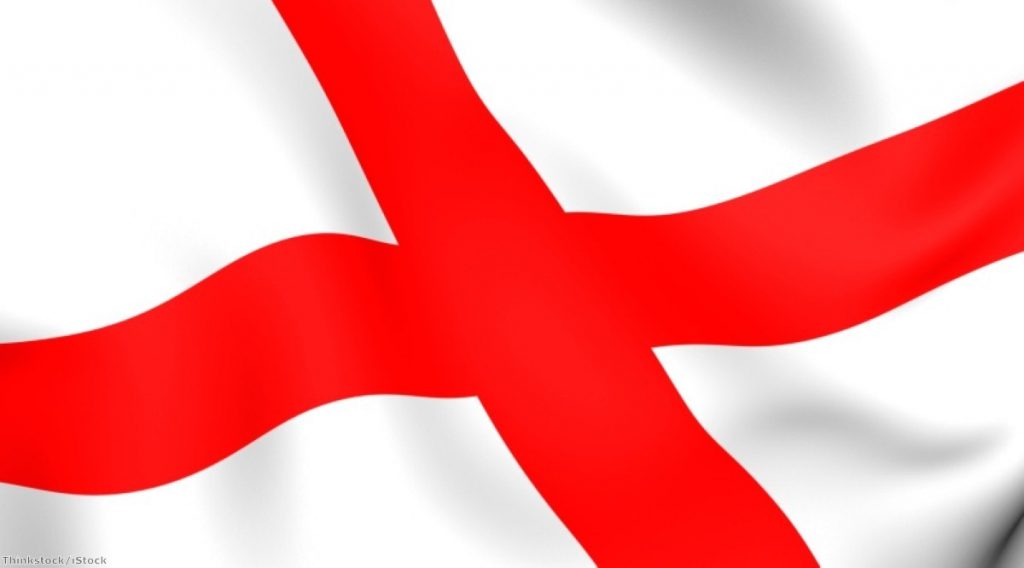Week in Review: Scottish dreams of a new England
There's a small minority of Scottish independence supporters, mostly south of the border, who believe the break-up of the union would lead to a new type of England.
Their leading exponent is Billy Bragg, the folk singer and guitarist, whose personal songs are full of wisdom and eloquence, and whose political songs, like most of the genre, are trite and clunky. The argument runs that English politics is hopelessly reactionary and Tory-dominated. Scottish independence would not only free those north of the border from the shackles of Westminster – with its tendency toward privatisation and jingoistic military misadventure – but it would allow the English to break away from the past and discover a new political discourse.
The argument is problematic in several respects, not least the fact that Labour would almost certainly have to pitch itself further to the right if it was to have a hope of winning an election without its tally of Scottish MPs.
But its main flaw is that it is an aspiration rather than an argument. It does not lead from A to B, but rather objects to A and therefore concludes that B would necessarily be better. But as pessimists and realists will tell you, just because something is disappointing does not mean the next thing won't be worse.


Nevertheless, the idea of a historic break – a political switch-it-off-and-on-again – plays a massive role in the debate on Scottish independence, as our report this week discovered. The less you feel you have to lose, the more likely you are to vote 'Yes'.
That puts the onus on Labour to make sure it can rally voters in the industrial heartlands towards supporting the union. It is not something the party has been particularly successful in thus far, despite bringing sending as many of its big hitters up north as it can find.
To the extent that the 'Yes' camp still has a chance, the blame can be laid at the doors of the Tories and Labour. The austerity government, with its mean-spirited and ideological rhetoric on welfare and love of privatisation, has created the perfect environment for Scottish independence to thrive. And Labour has proved itself incapable of protecting working class communities from the frenzy of free market dogma which has dominated Westminster since the 1980s. It's a wonder Alex Salmond isn't ahead in the polls.
The fact he is not is probably testament to the stream of damning assessments coming in on a daily basis from eminently reputable sources. This week alone, he was taken to task for wildly overestimating the size of Scotland's oil revenue, the country's ability to access BBC programming and, once again, plans for currency union. It's no wonder supporters seek ever-more imaginative arguments for independence. Only the most die-hard optimists are left on board.
But the optimism is not just on the 'Yes' side. Another report we published this week looked into the attitudes of young people in Scotland. Scots between the ages of 16 and 18, who will be voting for the first time next month, think of themselves as Scottish. But they overwhelmingly think of themselves as British too. And European, for that matter. Having grown up in an age of EU freedom of movement, cheap air travel and the internet, they take a dim view of borders. They recognise that one identity does not preclude another. Theirs is a more upbeat, multicultural, open sense of who they are, of the sort expressed in Danny Boyle's Olympic Opening Ceremony.
Their hopes and aspirations will make Salmond despair as much as the Little Englanders on the Tory backbenches. They must hope their parents do not scupper the world they are inheriting before they are able to take part in it.












